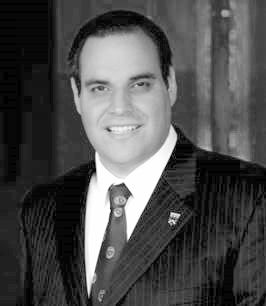Ramon Sanchez
Chief Knowledge and Innovation Officer, The Alliance for Tribal Clean Energy

Ramon Sanchez is the Chief Knowledge and Innovation Officer at the Alliance for Tribal Clean Energy. He is a certified professional in sustainability, renewable energies, green manufacturing techniques, and technology innovation.
Sanchez was a principal investigator in three research projects that dealt with the development of innovation ecosystems around the world at the Harvard T.H. Chan School of Public Health (HSPH). Sanchez is also the former director of the Sustainable Technologies and Health Program in the Center for Health and the Global Environment at HSPH. Sanchez received his MA and PhD in environmental health from HSPH, as well as an MS in manufacturing systems and technology innovation and a BS in mechanical engineering from the Monterrey Institute of Technology in Mexico.
Before coming to Harvard, Sanchez was a corporate engineering manager in a company dedicated to the design and manufacture of furniture and electronic consumer goods. He oversaw seven departments in which hundreds of workers and engineers created and built products that generated approximately $180 million a year in revenues. Sanchez has fifteen records of invention and five patents in the United States and Europe.
From 2000 to 2003, he worked as a forward products lead engineer at Delphi Automotive Systems, a former division of General Motors, dedicated to the design and manufacturing of electronic components and automotive systems. As an automotive designer, he was a member of a research group that won the National Technology Award in Mexico in 2002.
Sanchez’s main research interests are renewable energy technologies, corporate sustainability, sustainable manufacturing, sustainable product design, climate change preparedness, community climate resilience, energy management in buildings, carbon accounting, life-cycle assessment, health and environmental assessments, and the production of renewable fuels and medications with microalgae species.